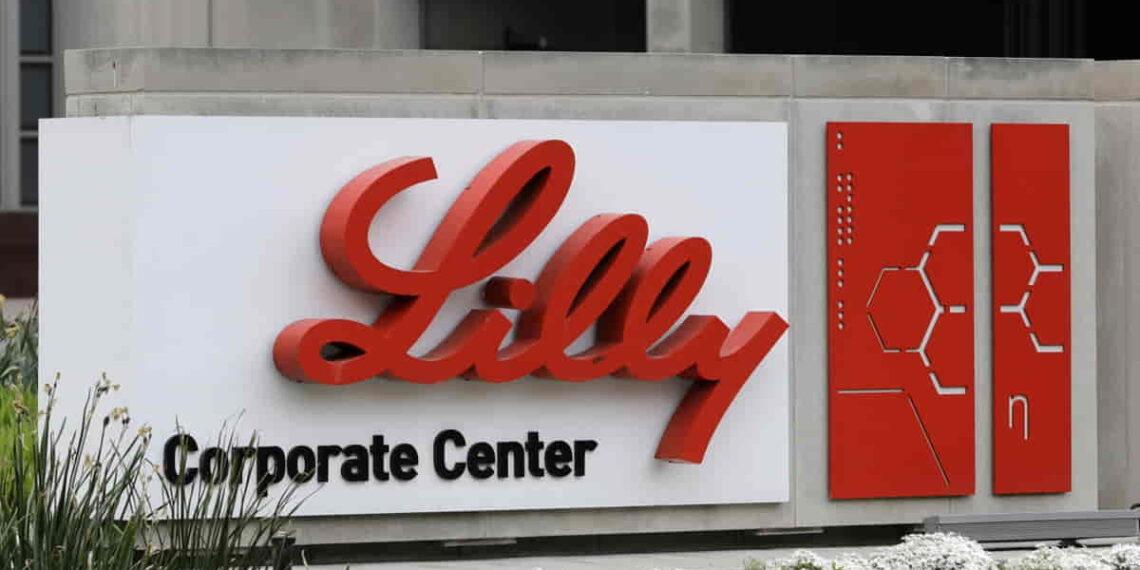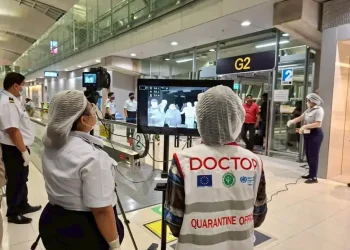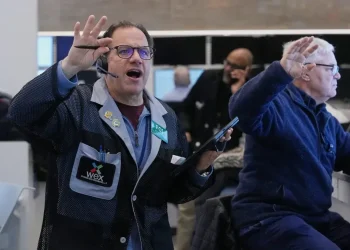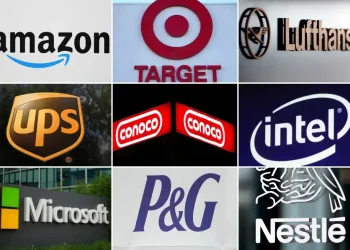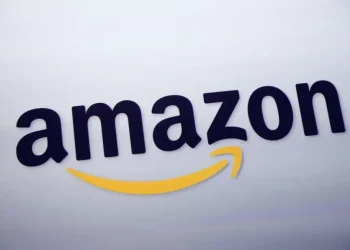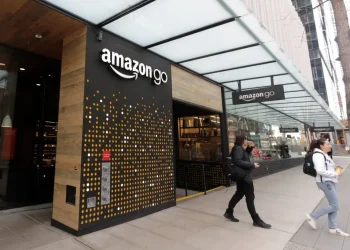FDA Orders Knockoff Versions of Lilly Obesity Drug to Be Removed from Market
The FDA announced Thursday that specialty pharmacies and online companies selling off-brand copies of two popular drugs for obesity and diabetes must phase out their versions by next year.
This decision comes after the Food and Drug Administration confirmed that the nationwide shortage of Eli Lilly’s blockbuster drugs, Zepbound and Mounjaro, has been resolved. The resolution eliminates the need for knockoff versions, which had become increasingly popular among Americans seeking weight loss solutions.
Lilly, which has been urging the FDA to take action for months, scored a victory with this ruling. The decision will likely change how patients access these medications and could affect the cost of treatment.
Resolving Shortages and Impact on Patients
Zepbound, approved for obesity treatment, and Mounjaro, approved for diabetes, both contain the active ingredient tirzepatide. The FDA confirmed Thursday that Lilly’s production of these drugs is now meeting or surpassing demand, effectively resolving a shortage that had lasted for over two years.
Both drugs belong to the GLP-1 class, known for their exceptional weight loss results by reducing appetite and increasing feelings of fullness. While Zepbound and Mounjaro are now in steady supply, competing GLP-1 drugs like Wegovy and Ozempic, from Novo Nordisk, are still facing shortages.
The explosive demand for GLP-1 drugs has led to the rise of compounding pharmacies and telehealth companies like Hims and Ro, which began offering cheaper alternatives. These knockoffs were typically sold online for several hundred dollars per month.
Phasing Out Knockoff Versions
Under the FDA’s new decision, businesses have between 60 and 90 days, depending on their size, to stop selling these off-brand products. The FDA allows compounded versions of brand-name drugs when there is a shortage, but with the supply of Lilly’s drugs now stable, the shift back to authorized medications is expected to improve consumer safety.
The FDA had warned patients last year about issues with the ingredients and formulations of some GLP-1 drugs sold online. Since compounding pharmacies are mainly overseen by state authorities, the FDA’s oversight in this area has been limited. Compounding pharmacies create customized medications by using raw drug ingredients, often for patients with specific allergies or needs. The growing industry has expanded into a multibillion-dollar business, especially amid increasing drug shortages.
The Role of Telehealth Companies
Telehealth companies, which have been aggressively marketing off-brand GLP-1 drugs, are also contributing to the growing demand. These companies operate outside the same marketing regulations as traditional drugmakers, which has led to increased concerns about the safety and quality of the products being sold.
Earlier in October, the FDA had declared an end to the Mounjaro and Zepbound shortage, but faced public backlash and a lawsuit from compounding pharmacies, prompting the agency to reverse its decision.
The new ruling from the FDA ensures that patients will now be able to access drugs that are both safe and properly regulated, marking a significant shift in how these popular treatments will be distributed moving forward.
This article was rewritten by JournosNews.com based on verified reporting from trusted sources. The content has been independently reviewed, fact-checked, and edited for accuracy, neutrality, tone, and global readability in accordance with Google News and AdSense standards.
All opinions, quotes, or statements from contributors, experts, or sourced organizations do not necessarily reflect the views of JournosNews.com. JournosNews.com maintains full editorial independence from any external funders, sponsors, or organizations.
Stay informed with JournosNews.com — your trusted source for verified global reporting and in-depth analysis. Follow us on Google News, BlueSky, and X for real-time updates.
